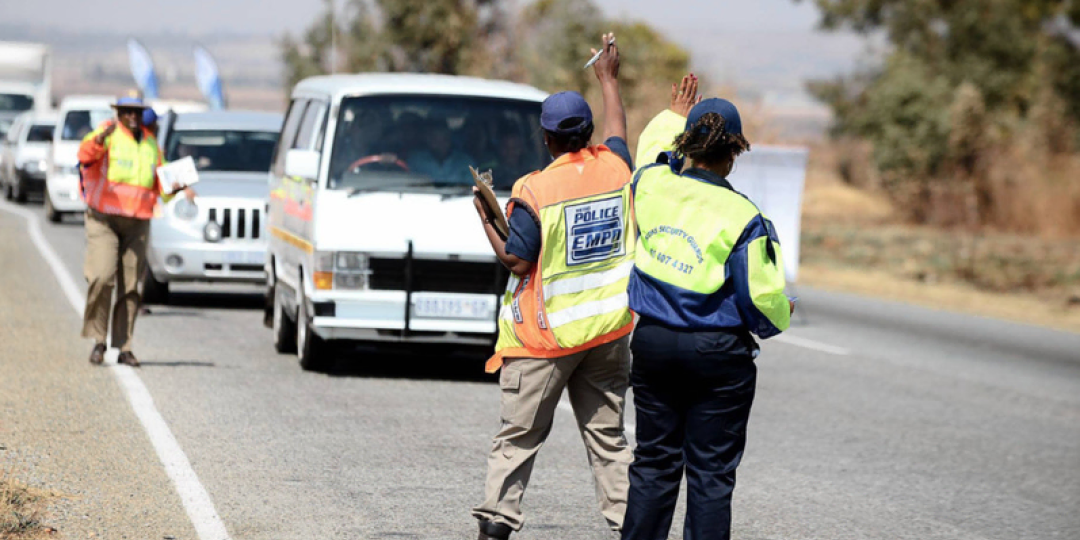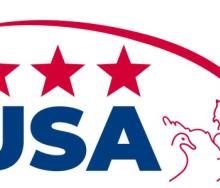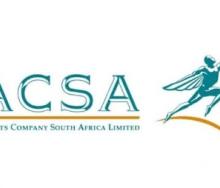The Department of Transport (DoT) has proposed that certain traffic offences be decriminalised in a move to overhaul the country’s traffic fine system.
The new proposals are outlined in the Department of Transport’s latest White Paper on National Transport Policy 2021 which was gazetted on May 27.
The DoT raised its concerns in the white paper that traffic control was incomplete without the finalisation of prosecutions in courts or through administrative sanction, but that problems in the current system had led to motorists displaying a “lack of respect for the law”.
“Enforcement must be supported by an efficient, transparent and expeditious adjudication process. Effective cooperation between the traffic control and adjudication functions is therefore an essential component of traffic management,” the department said.
“In general, there is a positive relationship between the relevant government departments responsible for traffic control and adjudication. However, a number of notable problems are being experienced with regard to the cooperation between the two functions. These problems are perceived to contribute to a lack of respect for the law prevailing among a large percentage of South African drivers.”
The department noted that “innovative and realistic solutions” that would honour legal principles and not compromise the effectiveness of traffic control were needed to solve the problems.
It made the following policy proposals, which will be discussed with relevant government departments:
• The decriminalisation of certain traffic offences to ensure that the process of adjudicating traffic offences will be brief, strict and decisive. The feasibility of decriminalising all traffic offences except reckless, negligent and inconsiderate driving will be investigated.
• Standardisation of the requirements set by attorneys general in respect of the utilisation of technological aids in traffic control.
• In respect of criminal offences, receiving support from the judiciary to overcome problems experienced with the prosecution of operators, the standardisation of fines, and other arrangements made by the judiciary.
• The possible introduction of dedicated special traffic courts as a general procedure, and the introduction of the compulsory attendance of traffic schools as a form of sanction.
• The autonomy of provincial and local governments with regard to traffic control, as well as the need for regional, provincial, national and international coordination and harmonisation and for mutual support between traffic services, are emphasised.
The DoT also noted that there was a continued lack of trained professionals in road traffic safety management disciplines and that training and support would be provided to provinces and metropolitan and other local authorities in order to maintain a minimum level of skilled personnel.
“A national performance incentive scheme for traffic authorities, with performance incentive funds linked to the achievement of certain preset standards and targets, will be introduced under the auspices of the appropriate consultative structure. The government will implement more effective measures to detect and prosecute corrupt activity on the part of law enforcement officials and complicit parties,” the DoT said.













